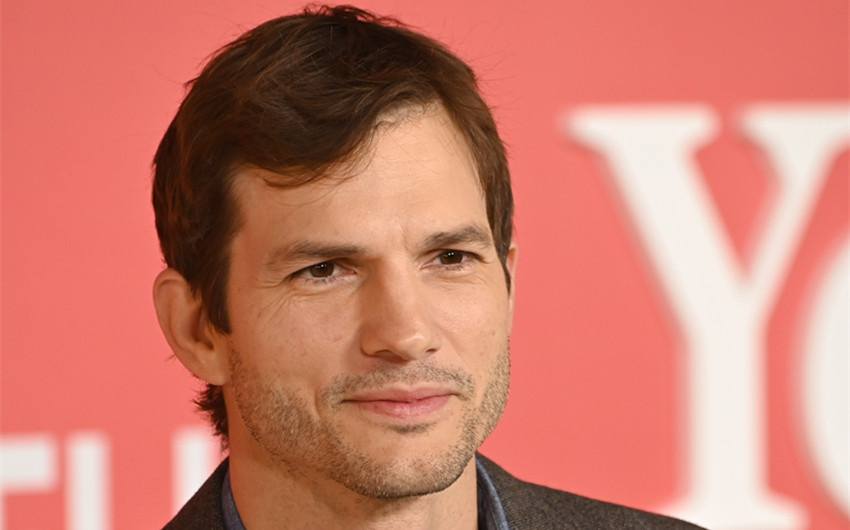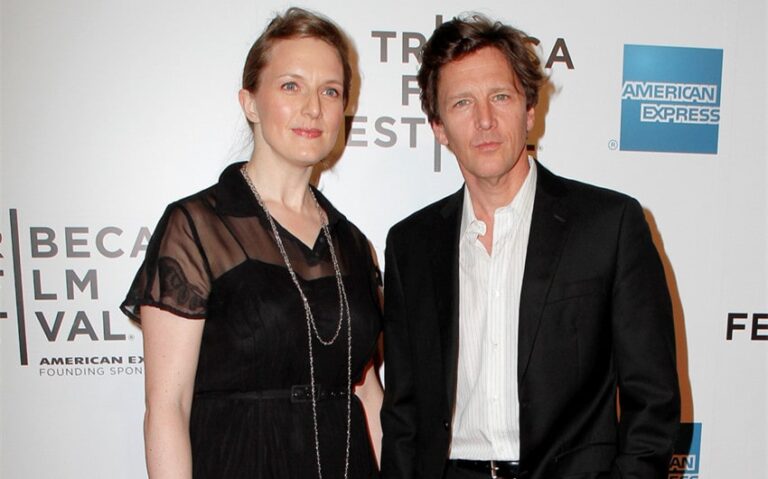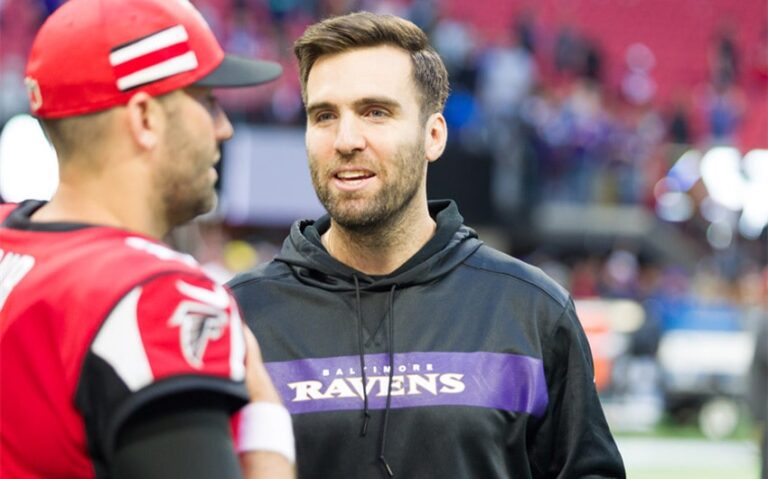What Ashton Kutcher’s Net Worth Reveals About Stardom, Strategy, and Startup Smarts
You might know him as Kelso from That ’70s Show, or from films like No Strings Attached and Dude, Where’s My Car?—but Ashton Kutcher’s net worth tells a story that goes far beyond sitcom stardom or early-2000s rom-coms. What started as a modeling gig and a few comedic roles turned into one of the most surprising business success stories in Hollywood. With an estimated net worth of $200 to $250 million, Kutcher has redefined what it means to be a celebrity entrepreneur. His portfolio spans acting, producing, tech investing, real estate, and philanthropy, all grounded in a strategic mindset that’s as forward-thinking as it is effective.
Who Is Ashton Kutcher?
Born Christopher Ashton Kutcher in Cedar Rapids, Iowa, in 1978, he grew up in a middle-class family and studied biochemical engineering at the University of Iowa before being discovered by a modeling scout. He left school, moved to New York, and quickly booked modeling jobs with Calvin Klein and Abercrombie & Fitch. But it wasn’t long before he transitioned into acting.
His breakout came in 1998 when he was cast as Michael Kelso in That ’70s Show, a role that made him a household name. With his goofy charm and physical comedy skills, Kutcher became one of the most recognizable faces on television. His success on the small screen led to a series of film roles in the early 2000s, including Dude, Where’s My Car?, The Butterfly Effect, Guess Who, and Just Married.
But Kutcher was never content with simply being the funny guy. Even while acting, he was looking ahead. He took an early interest in business, especially technology, and began planting the seeds for what would become one of the most impressive second acts in the entertainment world.
Ashton Kutcher’s Net Worth—From Sitcom Star to Startup Mogul
Estimated Net Worth: $200–250 million
Ashton Kutcher’s financial success has come from multiple angles. Yes, he made millions from acting and producing, but his real wealth was built through strategic investments in tech companies before they became giants. Kutcher saw the startup world not as a side project, but as a space where he could apply his instincts, curiosity, and media savvy to make big moves—and he was right.
Acting and Producing Career
Kutcher’s early acting roles provided the foundation of his wealth. During his eight-season run on That ’70s Show, he earned a reported $250,000 per episode by the end of the series. That alone put him in a high-earning bracket among TV actors in the early 2000s. Film roles brought in additional income, although many of those were moderately successful at best.
Where Kutcher began to stand out was behind the camera. In 2003, he co-created Punk’d, a hidden-camera reality show that became a cultural phenomenon. Airing on MTV, Punk’d ran for multiple seasons and made Kutcher not just a star, but a producer with creative control and ownership stakes in the show. That success led to additional producing roles through his company Katalyst Media, which he co-founded with Jason Goldberg.
Katalyst produced several projects, including the reality series Beauty and the Geek and content for both traditional media and digital platforms. Kutcher understood the value of creating intellectual property and earning from the back end—something that helped separate him from actors who rely solely on front-end salaries.
One of his highest-profile (and highest-paying) roles came in 2011 when he replaced Charlie Sheen on Two and a Half Men. At the time, he was the highest-paid actor on television, reportedly earning around $700,000 per episode. That gig significantly boosted his earnings and visibility while giving him the financial flexibility to focus on other ventures.
Tech Investments and Venture Capital
The most dramatic contributor to Ashton Kutcher’s net worth is his success as a tech investor. What began as personal curiosity turned into a full-blown business venture when he co-founded A-Grade Investments in 2010 alongside Guy Oseary and Ron Burkle. Later, he co-launched Sound Ventures, a more formalized investment firm focused on early-stage companies.
Kutcher has invested in some of the biggest names in tech—long before they became household names. His early portfolio includes Airbnb, Uber, Spotify, Shazam, Warby Parker, Skype, and Pinterest. At the time of his investments, many of these startups were still taking shape, yet Kutcher saw their potential.
Airbnb is a perfect example. Reports suggest that Kutcher invested when the company was still valued under $100 million. It has since grown into a multibillion-dollar enterprise, with IPO valuations putting the company above $100 billion at its peak. While the exact numbers are not public, even a modest stake in Airbnb would have earned Kutcher tens of millions of dollars.
The same is true of Uber and Spotify, both of which had explosive growth after his investment. Industry analysts estimate that A-Grade Investments turned a $30 million fund into $250 million over six years. Kutcher has been praised by other investors for not just attaching his name to companies, but for being actively involved in helping them grow—offering product feedback, social media amplification, and strategic advice.
Kutcher’s tech interests also include newer companies focused on ethical innovation. With Sound Ventures, he’s continued investing in startups focused on sustainability, artificial intelligence, health tech, and blockchain technology. He’s often spoken about using his money to support companies that do more than generate profit—that solve real problems and make people’s lives better.
Real Estate, Endorsements, and Side Projects
Ashton Kutcher and his wife, actress Mila Kunis, have invested in high-end real estate as well. The couple has owned multiple properties in Los Angeles, including a custom-built sustainable farmhouse in Beverly Hills, which was featured in Architectural Digest. Real estate isn’t a primary driver of Kutcher’s wealth, but it’s part of a diversified financial portfolio that reflects long-term planning.
Kutcher has also done brand endorsements and collaborations over the years. He was a spokesperson for Nikon, Lenovo, and Popchips, among others. But unlike many celebrities who jump from brand to brand, Kutcher has tended to choose endorsements that align with his personality or interests—particularly those in the tech and innovation space.
Beyond investing and acting, Kutcher co-founded Thorn: Digital Defenders of Children, a nonprofit dedicated to developing technology to fight the sexual exploitation of children. Thorn has become a leader in the field, partnering with law enforcement agencies and tech companies to build tools that identify and rescue victims. This philanthropic work reflects another side of Kutcher’s relationship with tech: using it as a tool for social good.
His activism and business choices often intersect. He’s known for advocating ethical business practices, data privacy, and child safety—issues that many celebrities rarely touch. For Kutcher, wealth seems to be not just about accumulation, but about impact.







